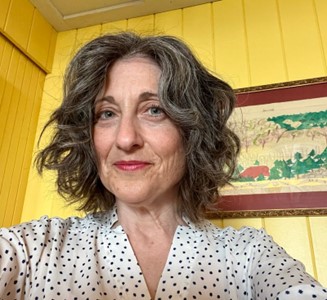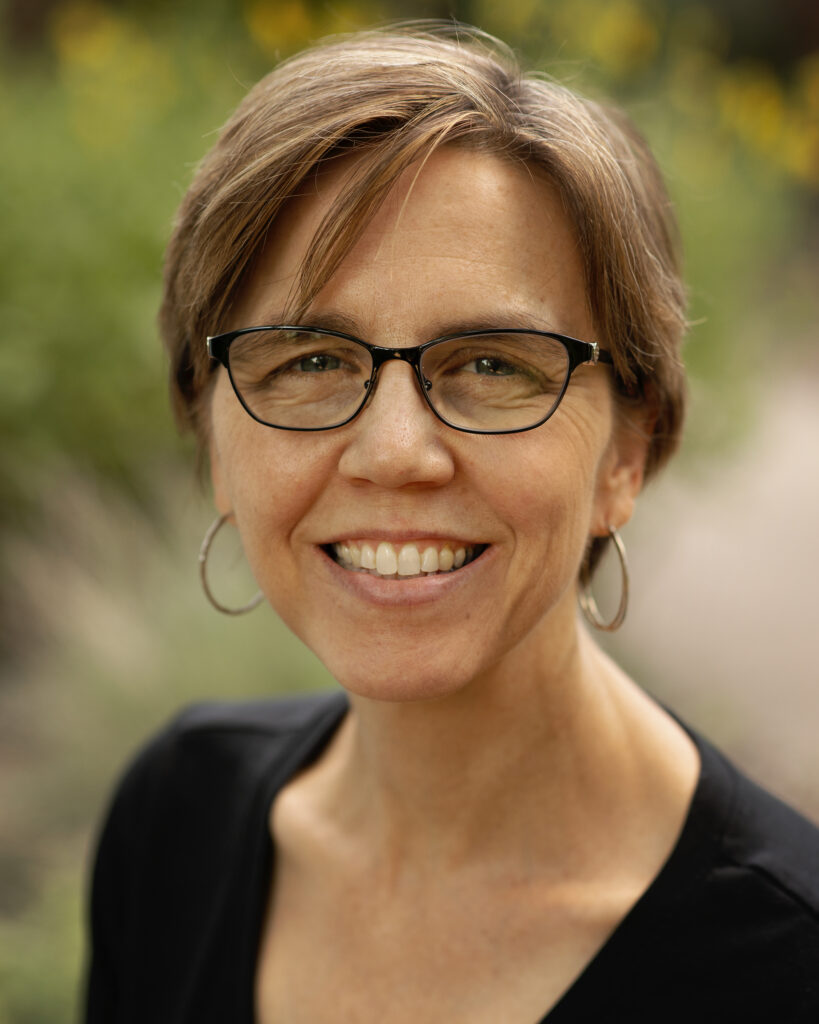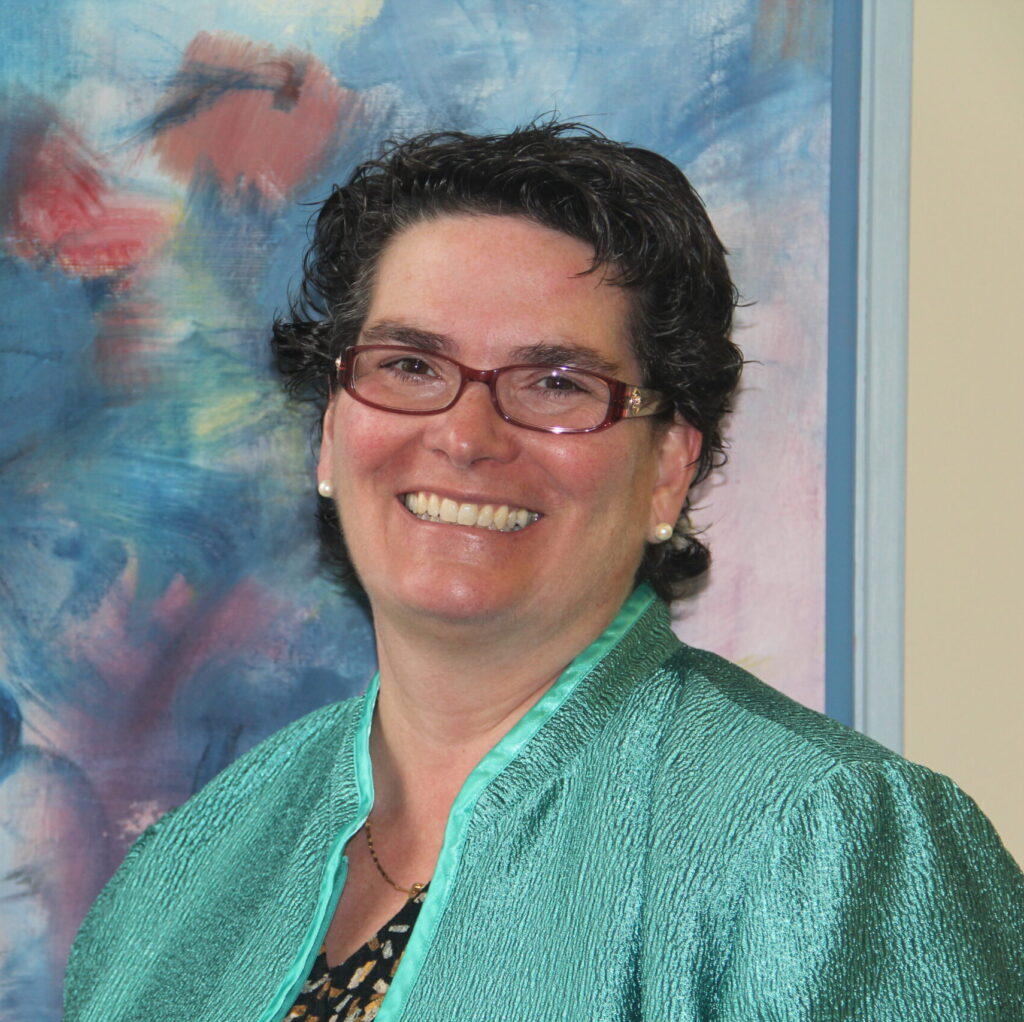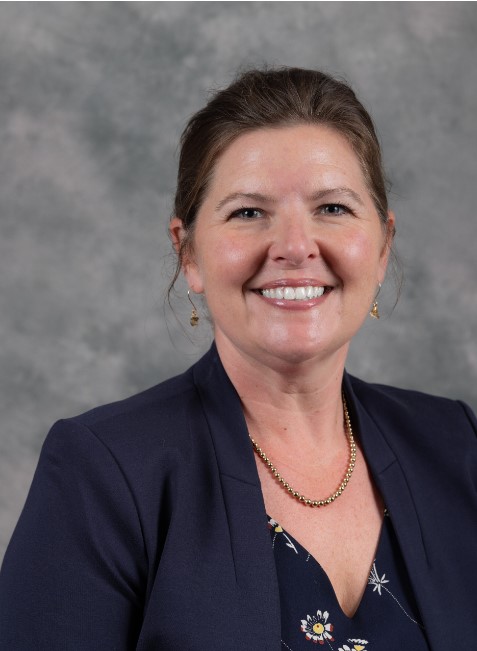OPID Webinar Series 2024-25
CONTEXT MATTERS
As we begin a new academic year, OPID invites you to join us in framing this moment, to consider the political and economic forces that are impacting our teaching efforts and, ultimately, our students’ learning. Let us identify practical ways to move into the semester collectively with clarity, commitment, and humanity.
*Please register for the event if you would like to be notified when the recording would be available even if you are unable to attend in person.
Framing This Moment: Teaching & Learning in
Universities Under Attack
Thursday, Sept. 12, 2025 – 12:30 pm to 2 pm – Zoom
Robin DeRosa, Ph. D
Director, Libraries & Learning, Plymouth State University, New Hampshire

Over the last several years, many employees in higher education have been experiencing a sense of frustration as we go about our work as educators. We love what we were called to do, but we don’t always love what we actually spend our time doing. Workloads seem to be intensifying while mission-central work – the work of teaching and learning – seems to be squeezed, starved, and devalued.
In this presentation, Robin DeRosa frames this moment in higher ed. She offers a sobering assessment of our national educational landscape, including Wisconsin, and how larger political and global forces are reshaping our classroom and day-to-day work. She will extend a call to action and posit some practical steps for faculty, instructors, and staff who want to know what we can do in our daily work to secure a hopeful future for our higher ed institutions, our students, and the public good.
Dr. Robin DeRosa is the director of Learning & Libraries at Plymouth State University, a regional public university in New Hampshire. Previously to this position, she held several other positions at Plymouth State, including Professor of English, Professor and Director of Interdisciplinary Studies, and Founder and Director of the Open Learning & Teaching Collaborative. Robin is a national advocate for public higher education, and researches and writes about current challenges and opportunities related to pedagogy, college access, and the future of libraries. Last year, she was recognized by the New Hampshire Board of Higher Education with its annual Excellence Award for her contributions to higher education in the state. You can read more about Robin at her website: https://robinderosa.net/.
 Moderated by Dr. Cyndi Kernahan, Director, Center for Excellence in Teaching & Learning, and Professor of Psychology, UW-River Falls
Moderated by Dr. Cyndi Kernahan, Director, Center for Excellence in Teaching & Learning, and Professor of Psychology, UW-River Falls
Resources
Publications
DeRosa, Robin. (2023). Writing from the wreckage : Austerity and the public university. In Laura Czerniewicz and Catherine Cronin (eds), Higher Education for Good: Teaching and Learning Futures, pp. 53-80. Cambridge, UK: Open Book Publishers. https://doi.org/10.11647/OBP.0363
Kraus, N.(2023).The Fantasy Economy: Neoliberalism, Inequality, and the Education Reform Movement . Temple University Press.
McMillan Cottom, T. (2018). Lower Ed: The Troubling Rise of For-Profit Colleges in the New Economy. The New Press.
Nesting Bowls as Metaphor: Understanding the Context of Teaching and Learning in Wisconsin Today
Friday, Sept. 20, 2:30 pm to 3:30 pm- Zoom
Maria Stalzer Wyant Cuzzo, Ph. D
Provost & Vice Chancellor of Academic Affairs, UW-Superior

Faculty and instructors are doing the important work of teaching, scholarship, and service within a much broader and layered context of state public opinion, legislative oversight and intervention, compliance and regulation, System administration, impacts of university agendas on other institutions, expectations of internal agendas of each university and so much more. The days of faculty and instructors being free of knowing this context are done in Wisconsin. This session will present a visual that unpacks the many different layers of impact and influence that affects the teaching and learning experience today. The rapidly changing context of higher education requires an ongoing awareness and understanding of how these nested bowls of influence can and do affect the daily work of faculty and instructors as well as students. We are not islands onto ourselves anymore but rather important parts of a highly complex system of interacting parts that continue to evolve, change, challenge and transform our ability to carry out the teaching and learning mission effectively. This webinar will help you identify and explore these interacting parts to help you be prepared and responsive when these aspects impact your work.
Dr. Maria Stalzer Wyant Cuzzo is Provost and Vice Chancellor of Academic Affairs at the University of Wisconsin-Superior. She served for twenty-five years as a fully ranked and tenured professor of Legal Studies & Criminal Justice working with thousands of students. Cuzzo was a published author in conflict resolution, conflict management, alternative dispute resolution and facilitation topics. She is a well-known trainer and educator for many community organizations in northern Wisconsin and northern Minnesota. She was the founding Director of UW-Superior’s Center for Excellence in Teaching and Learning (CETL) and served as a member of the OPID Executive Council and the OPID Council for many years. Unbeknownst to her, the role as Provost would bring her back to her first professional career as the only woman lawyer in Douglas County in the 1980’s because of the regulatory reality of higher education today.
Questions?
Programming inquiries may be directed to:
Fay Akindes, Director of Systemwide Professional and Instructional Development, UW system, fay.akindes@wisconsin.edu, (608) 263-2684.
For technical support contact:
Erin McGroarty, Program Associate, Office of Academic Affairs, UW system, OPID@lists.wisconsin.edu, (608) 262-8778.


 Moderated by Dr. Jamie White-Farnham, Director, Markwood Center for Learning, Innovation and Collaboration and Associate Professor of Writing, UW-Superior
Moderated by Dr. Jamie White-Farnham, Director, Markwood Center for Learning, Innovation and Collaboration and Associate Professor of Writing, UW-Superior